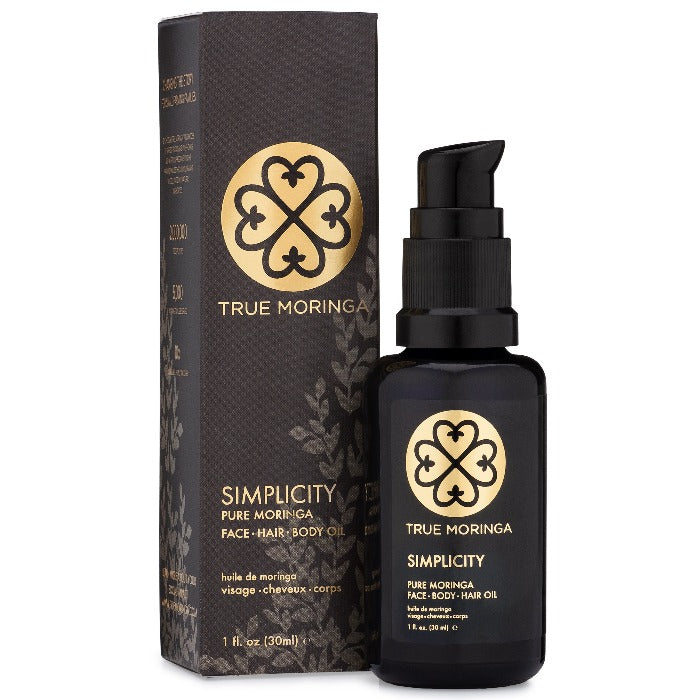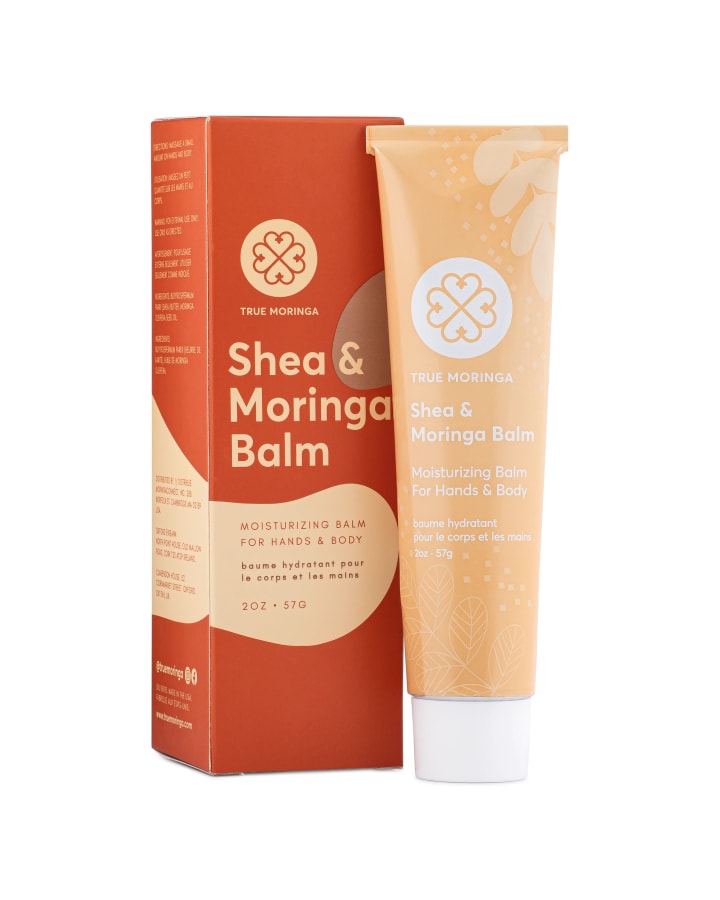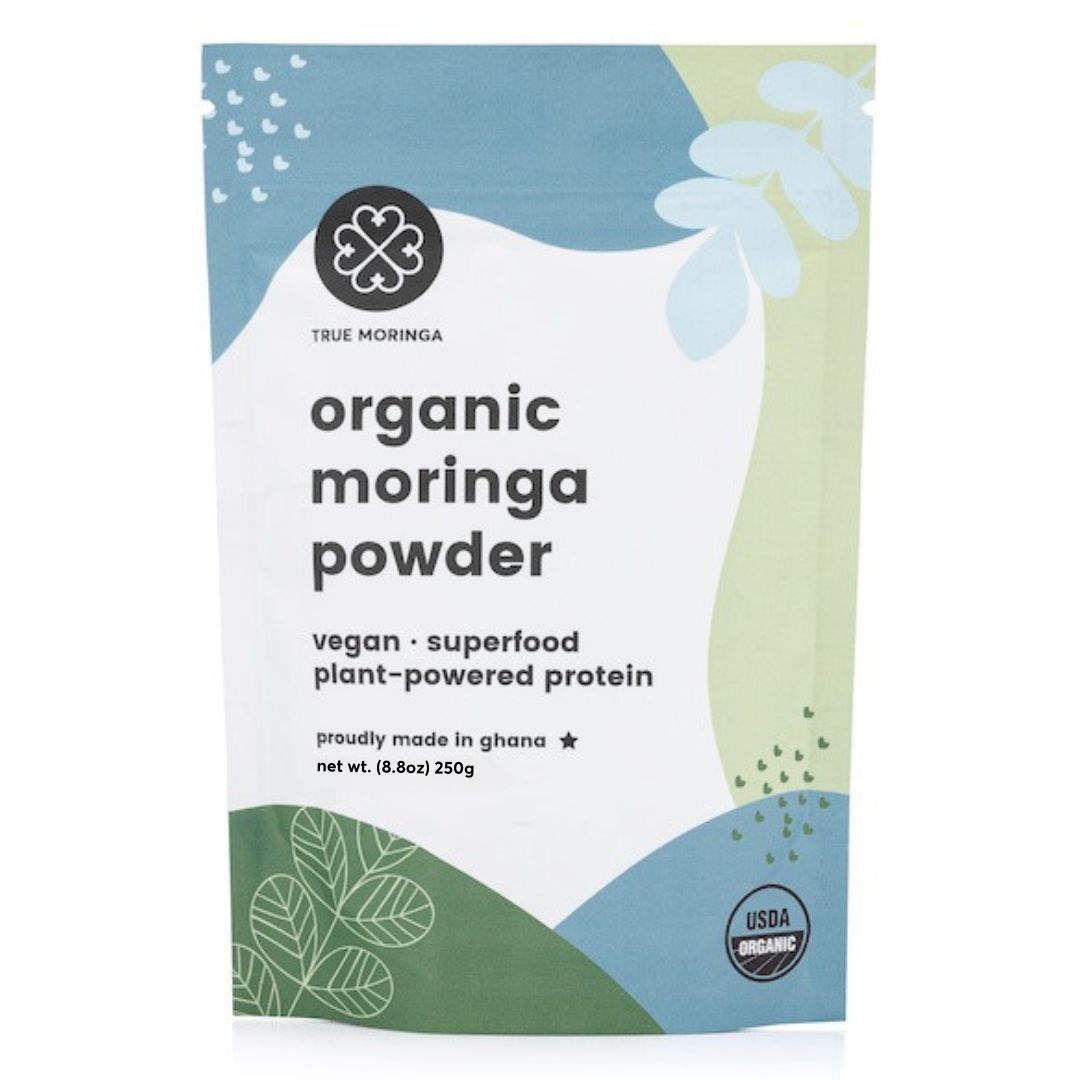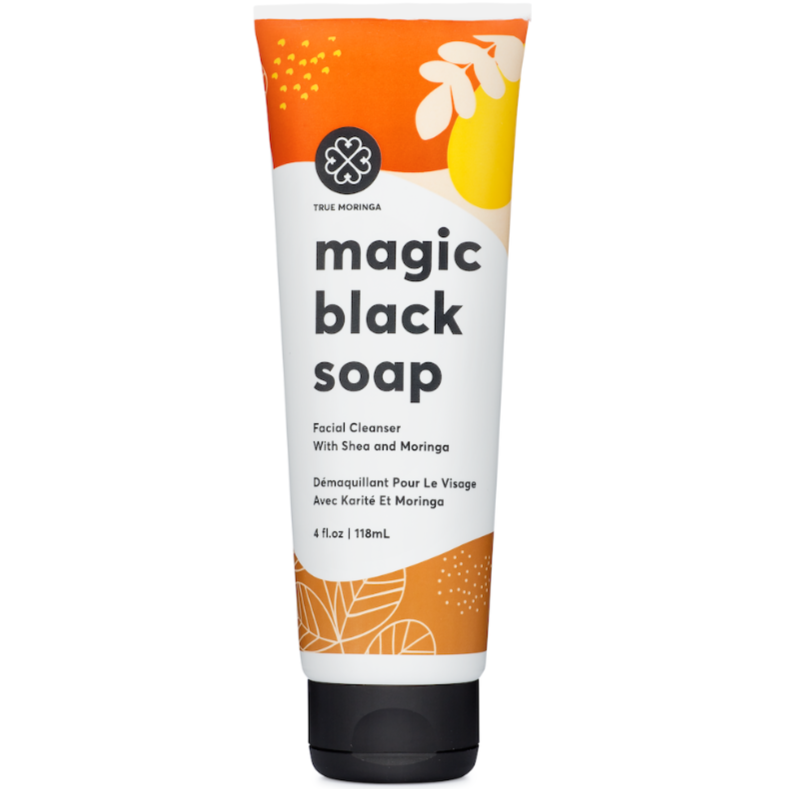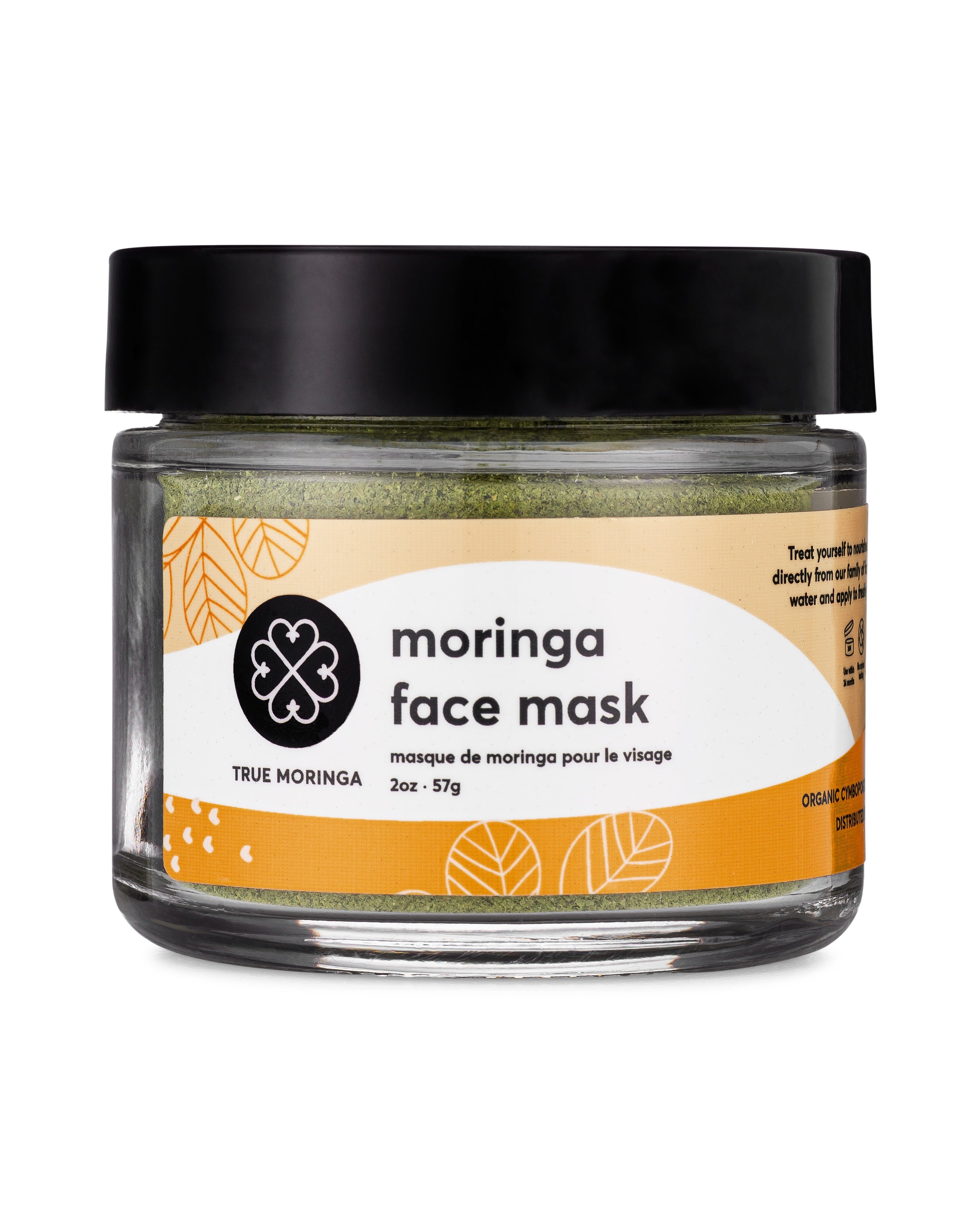


THE SCIENCE BEHIND FREE RADICALS
Brooke is a Summer Fellow at True Moringa. She is writing for our “Worth the Buzz” mini series, exploring the science behind the often confusing claims of the beauty industry.
This week's #worththebuzz question comes from Melanie in Chicago:
“I CONSTANTLY HEAR MARKETING CLAIMS FROM DIFFERENT PRODUCTS CLAIMING TO FIGHT THE FREE RADICALS THAT CAUSE PREMATURE AGING, BUT I’M NOT SURE WHAT FREE RADICALS REALLY ARE. CAN YOU EXPLAIN HOW EXACTLY FREE RADICALS ARE CAUSING HARM TO MY BODY?”
Great question! A free radical is a molecule or ion with an unpaired valence electron. They are unstable and very reactive. Because of this, free radicals tend to steal electrons and attack molecules such as DNA or protein. Consequently, large amounts of free radicals in one’s body can lead to cell damage.
If free radicals damage DNA, it can lead to cancer. If free radicals damage, proteins such as collagen and elastin, it can lead to wrinkles and dryness. The damage done to these important proteins is what causes premature aging. Free radicals are something to be cautious of for both health and beauty reasons.
Free radicals can be produced by exposure to pollution, radiation, daily emotional and physical stress, and processed food. So, no matter how hard you try to avoid them, everyday life will most likely expose you to free radicals.
There is lot more science behind the interaction between free radicals and damage to proteins, but the main take away is that the reaction between the two is what is damaging to your skin. However, this reaction is preventable.
It is important to note that antioxidants are important because they can safely interact with any free radicals present and terminate their reaction before they cause any damage. This means that it is extremely important to nourish your body with the proper antioxidants to prevent premature aging and future health problems.
Moringa Love,
Brooke

